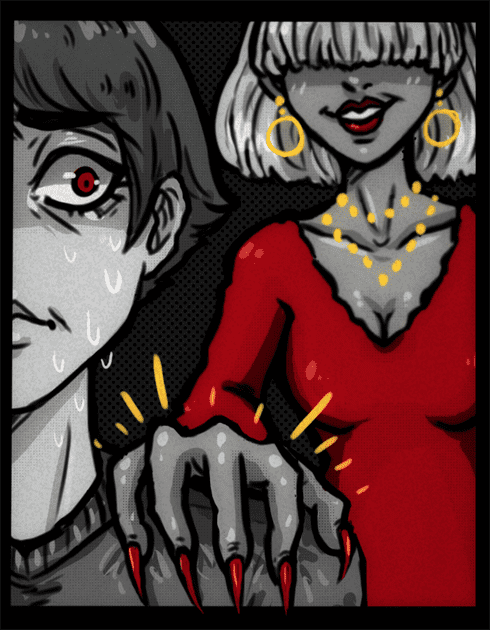The false association between fame and goodness has placed a protective shield of sorts around celebrities, who in reality are just humans and therefore capable of intense moral fallacies.
Placing people who hold this kind of sway over the public on a pedestal solely based on popularity, good looks and charisma is, of course, a horrible idea. Immunity to scrutiny is directly related to how much power one has, and when powerful people learn they can get away with things, they don’t stop.
This insidious phenomenon is often associated with the disturbingly high level of protection afforded to men accused of sexually predatory behavior, specifically against minors. But even as this issue receives more attention and more prolific men are held accountable for their actions, women who exhibit the same behavior are often overlooked entirely.
For example, the long-running partnership between singer Sia and dancer Maddie Ziegler has been popularly viewed not only as a collaboration between creative minds but as an endearing mentorship. Sia seems like a “cool aunt” or big sister figure to Maddie, who rocketed to stardom after appearing in Sia’s music videos and dancing onstage at many of her concerts.
But Maddie has been working almost exclusively with Sia since she was very young and in 2017, when she was 15 years old, she said she spent more time living with Sia than her own family. Sia has said she would not continue to work on any art or projects if Maddie were not involved. Maddie is also one of two people who Sia follows on Instagram, meaning her life is almost the only thing Sia ever sees on her feed.
This is a trite question, but here it’s one worth asking: how would we as a society react to this disturbing behavior if Sia was male? Why does every article about Sia and Maddie lovingly describe their “friendship” as though it’s normal for a 45-year-old to obsess over someone who can still be called a teenager? Predatory relationships do not need to be sexual in nature to be disgusting.
Feminism is often mistakenly thought of as the belief that women should be held in superior regard to men. What feminism truly promotes is equity and equality for all genders, and true equity can only be achieved if the deepest evil is recognized on the same level as goodness. The idea that women cannot or do not commit the same level of atrocities as men when it comes to victimizing and manipulating younger people is harmful and toxic.
When men prey on children, everyone in earshot is rightfully enraged. Society has largely decided this kind of behavior is unforgivable, whether it is merely a creepy passing incident or a horrifying assault.
But when it comes to women engaging in the same behaviors, the reactions are more doubtful, sometimes even forgiving to the perpetrator. Young men and boys are often made to feel as though they should be so lucky to have an older woman pay attention to them. Adult film star Riley Reid once bragged about sexually assaulting a man and was seemingly never investigated.
This attitude not only enables predators, but it also shames victims of abuse and delegitimizes their stories, even when they make the incredibly brave decision to come forward and press charges.
There’s a reason many sex trafficking rings often use women as the front or lure in their operations. Women are generally seen as more trustworthy, more inclined towards maternal instincts that would render them incapable of committing atrocities. To be clear, this is not a positive association but rather a sexist trope and a dangerous assumption.
Women have been demonized in many ways for a long time, and this is not an invitation to do so any further. Conversely, putting anyone on a pedestal because of their celebrity status, gender, physical attractiveness or preconceived notions of how they should act is no better. People are people, for better or worse, and there are countless uncomfortable truths we must continually face in order to accept this simple fact.



